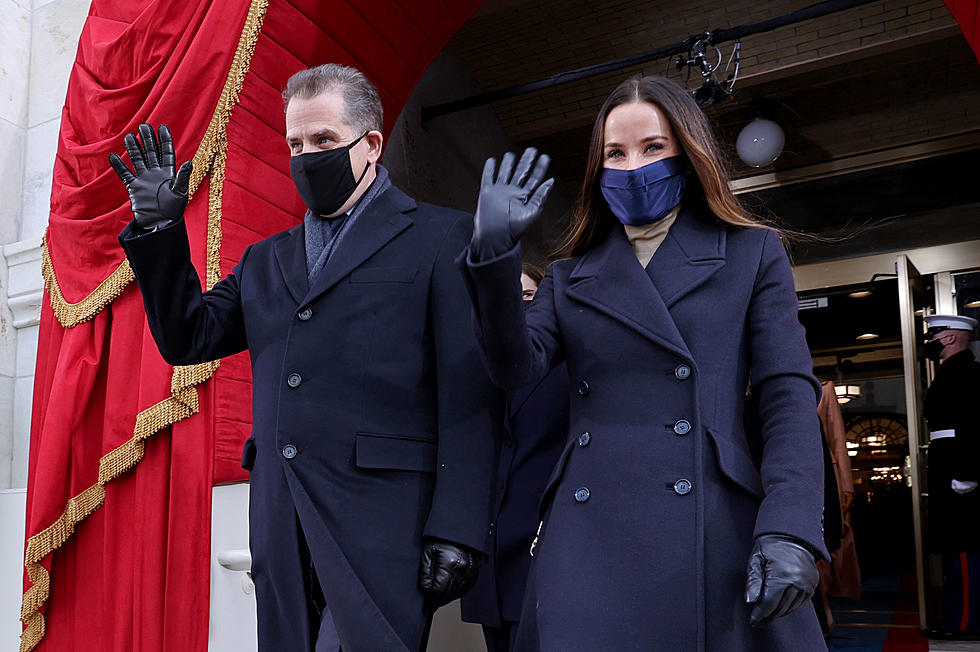
Gordon, never a hurricane, killed child in mobile home
By JAY REEVES and REBECCA SANTANA, Associated Press
Gordon struck the coast at 70 mph, just shy of hurricane strength, near Pascagoula, Mississippi late Tuesday. Forecasters said radar spotted possible tornados spun off by the storm overnight in southern Alabama and the Florida panhandle. Parts of the panhandle had received more than 10 inches (25 centimeters) in 24 hours as of midday Wednesday.
Even as the system was weakening into a remnant low it still posed threats as it moved inland on a forecast track that would take its center northwest into Arkansas, then northeast toward the Great Lakes. Forecasters predicted total rain amounts of 4-8 inches (10-20 centimeters) in parts of Alabama, Mississippi, Louisiana, Arkansas, Missouri, Iowa and Illinois. Rainfall could be even more intense in isolated spots — up to 12 inches (30 centimeters) through early Saturday.
The only death reported as of Wednesday afternoon was the child killed late Tuesday when a large oak tree branch fell onto a mobile home in Pensacola, Florida. Neighbor Amanda Ray told the Pensacola News Journal she heard a crack and a scream as the limb fell around 9 p.m. Tuesday.
"It was just awful," she said, adding that the sounds were almost indistinguishable from the storm's howling winds. The Escambia County Sheriff's office posted on its Facebook page that responding deputies discovered the child had been killed. Officials haven't released the child's identity.
Neighbors told the newspaper the victim was about 10 months old.
Escambia county received 10 calls overnight for downed trees in roadways, along with multiple reports of arcing power lines as the storm blew through with peak gusts of 61 mph (98 kph). Beachgoers in the area were warned Wednesday of dangerous rip currents that prompted red-flag warnings, meaning it was illegal to enter the Gulf of Mexico.
Driftwood and other debris made for hazardous driving early Wednesday on the causeway to Dauphin Island, Alabama, which was partly flooded by seawater overnight, leaving people to drive over sand and around lawn furniture on the main road. Siding was peeled off some houses, but Mayor Jeff Collier said "for the most part, we did OK."
Dominic Carlucci drove back to his home on the barrier island in his Hummer, and found no damage, just a sagging wooden fence. It wasn't nearly as bad as when Nate, the last hurricane to strike the U.S., came ashore last October in nearby Biloxi, Mississippi. "We're good," he said.
On the Mississippi Gulf Coast, 12 casinos that were ordered closed Tuesday were given permission Wednesday to open at noon. In Biloxi, fisherman Ndoc Nguyen was returning with his shrimp boat to the marina. He and other boaters had taken their boats inland in various rivers to protect them from the storm surge and winds. Nguyen said he would likely have to wait a few days "for the wind to calm down" before going out on the water again.
"This is the price you pay to look at this beautiful water and enjoy the coast," Pascagoula resident Richard Whitlock said as he raked leaves and branches from his yard overlooking the Gulf.
A storm surge covered barrier islands as the storm blew through, and some inland roadways were flooded by the rain. The National Weather Service in Mobile cautioned that the Styx River near Elsanor, Alabama, could reach moderate, and possibly major, flood stage later Wednesday.
More than 27,000 customers were without power as Gordon began pushing ashore, mostly in coastal Alabama and the western tip of the Florida Panhandle around Pensacola, with a few hundred in southeastern Mississippi. Crews were already restoring electricity early Wednesday.
Rain was still falling but the lights were on at a Waffle House restaurant in Mobile, where factory worker Jerome Richardson said he lost power at 9 p.m. as the storm passed overhead. He was still without electricity as he left before dawn for his 12-hour shift.
"I just hope I don't have to throw out everything in my refrigerator when I get home," he said.
Governors in Alabama, Mississippi and Louisiana had all declared states of emergency to better mobilize state resources and National Guard troops for the storm. Workers on at least 54 oil and gas production platforms were evacuated. Communities along the coast provided sand and bags, and many hustled to protect their properties ahead of the storm. New Orleans braced for flooding, but in the end got only a glancing blow.
New concerns: Hurricane Florence has formed in the Atlantic Ocean, on a path toward Bermuda, and lining up behind it, another potential storm was likely to form not far off the coast of Africa.
"It's the peak of hurricane season," Hurricane Center Director Ken Graham said. "Now is the time to get your plans all set."
___
Santana reported from Pascagoula, Mississippi. Other Associated Press contributors include Stacey Plaisance in Gulfport, Mississipi; Gerald Herbert in Biloxi, Mississippi; Kevin McGill in New Orleans; Jeff Martin and Ben Nadler in Atlanta; Emily Wagster Pettus and Jeff Amy in Jackson, Mississippi; Kim Chandler in Montgomery, Alabama; Melinda Deslatte in Baton Rouge, Louisiana; and Jeffrey Collins in Columbia, South Carolina.
All contents © copyright 2018 Associated Press. All rights reserved.
More From News Talk 96.5 KPEL









